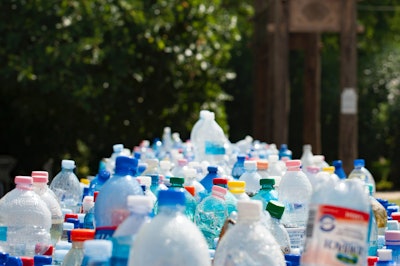
As the global plastics industry continues to grow, producers are looking for ways to minimize their impact on the environment. To help guide this effort, the American Chemistry Council and the Plastics Industry Association developed Operation Clean Sweep. This international program provides guidance for companies to prevent the release of micro plastics into marine ecosystems. On Wednesday, Aug. 5, Norfolk Southern – a key partner in the plastics supply chain – expressed its support by becoming the most recent Class I railroad in the United States to voluntarily sign the pledge.
Norfolk Southern Chief Marketing Officer Alan Shaw signed the Operation Clean Sweep Pledge on behalf of the railroad, joining several of its customers to raise awareness for this environmental concern and demonstrating its dedication to the ecological well-being of the communities Norfolk Southern serves.
“As part of the pledge, Norfolk Southern will work to achieve zero loss of plastic resin into the environment,” said Shaw. “We are developing an extensive education campaign to raise awareness among our employees and we will increase our scrutiny to make sure the hopper cars we transport are properly secured and sealed.”
“Freight rail plays an important role in the chemical and plastics industry,” he said, “and with that comes a duty to support the industry in its efforts to promote environmental responsibility.”
“This pledge is an opportunity for Norfolk Southern to lead by example,” said Norfolk Southern Chief Sustainability Officer Josh Raglin. “Stewardship of resources is embedded in our business strategy. This effort will join our long list of actions and commitments to protecting the environment and supporting our communities, like our carbon mitigation programs, low-emission locomotives, land conservation, and living shoreline projects.”



















